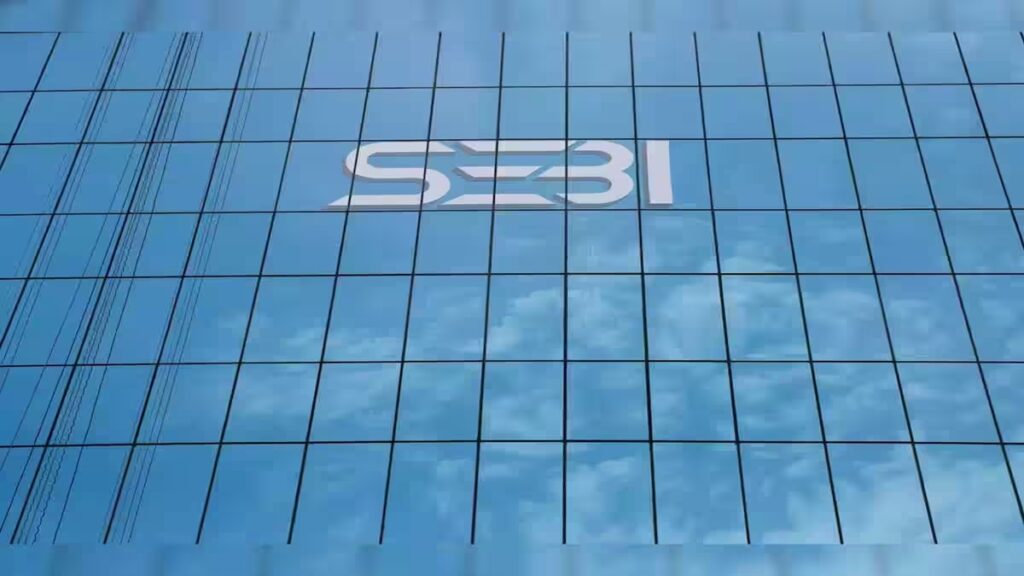MUMBAI: The Securities and Exchange Board of India (Sebi) on Tuesday proposed a separate carve-out for voluntary delisting of public sector undertakings (PSUs) where the government holding is over 90 per cent.
Such PSUs may be allowed to be delisted without the requirement of complying with the minimum public shareholding norms, which mandate 25 per cent holding by the public in a listed entity. The mandate for two-third shareholder approval for delisting may also be removed.
In the consultation paper floated on Tuesday, the market regulator said that eligible PSUs may be delisted through a fixed price delisting process, irrespective of whether the shares are frequently traded or not. However, the fixed delisting price will be at least 15 per cent premium over the floor price.
Sebi has noted that certain PSUs, which have thin public float or poor financials, may not have any future due to outdated product lines or government’s decision to sell off their assets.
While these companies may not have a strong future, they can still be traded at a heightened market price given the investors’ confidence with regards to risk and security on account of government holding. The market regulator feels that such sentiments may lead to a higher floor price which in many cases may not be reasonable with the book value.
“If such PSUs are to undertake delisting, being frequently traded, the 60 days’ volume weighted average market price shall be required to be taken into consideration, which will result into higher floor price and consequently result into higher budgetary outlay for the government,” states Sebi’s consultation paper.
The market regulator has also proposed several options for deciding the exit price for shareholders.
Further, in delisting of such PSUs, the amount lying in the escrow account or the bank guarantee meant for the remaining public shareholding will be transferred to a stock exchange. The amount will be held for at least seven years during which investors can claim, following that it will be transferred to the Investor Education and Protection Fund (IEPF).
Source: Business Standard

 India, UK Seal Free Trade Deal; Pm Modi Calls It ‘Historic Milestone’
India, UK Seal Free Trade Deal; Pm Modi Calls It ‘Historic Milestone’ 